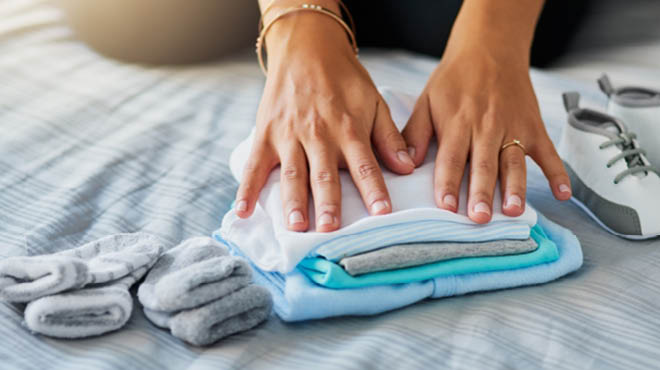Recent Posts
Protecting yourself against HPV

HPV is a viral infection that commonly causes abnormal growth of skin or other tissues in your body. There are more than 100 varieties of the virus.
HPV infections are categorized as low or high risk depending on the potential to cause cancer in the infected tissues. Infection from low-risk strains can cause genital warts, which may be problematic but generally aren't life-threatening. Low-risk HPV infections don't lead to cancer and may disappear without treatment.
Infection from high-risk HPV strains can lead to cancer in many areas of the body. Cancers of the anus, penis, vagina, cervix and back of the throat ― known as oropharyngeal cancer ― have been linked to high-risk HPV infections.
These infections often are transmitted through intimate skin-to-skin contact. The virus can enter the body through a cut, abrasion or small tears in affected issues.
HPV infections are common, with more than 42 million U.S. men and women infected. In most cases, the body's immune system suppresses HPV infection before it creates symptoms, so it is easy to have HPV and not realize it.
HPV prevention tips
You can reduce your and your children's risk of developing warts and other HPV-related illnesses by getting the HPV vaccine when eligible.
The HPV vaccine is highly effective and safe. It significantly reduces the incidence of genital warts and cervical cancer, especially if given before age 15.
The Centers for Disease Control and Prevention recommends that all 11- and 12-year-olds receive two doses of HPV vaccine at least six months apart. This is the best age to receive the vaccine to protect against the virus, before a person is exposed through sexual activity. Children as young as 9 can receive the vaccine as well. Research has shown that the two-dose schedule is effective for children under 15.
Teens and young adults who begin the vaccine series later ― ages 15 to 26 ― should receive three doses.
Some people outside these age groups may benefit from the vaccine. Adults ages 27 to 45 may decide to receive the vaccine after discussing it with their healthcare teams. For example, people who have been celibate and are returning to intimate activities may be candidates for the vaccine.
For sexually active people, additional preventive measures include:
- Being in a mutually monogamous sexual relationship
- Reducing the number of sexual partners
- Using a latex condom or dental dam consistently
Screening for HPV
HPV causes nearly all cases of cervical cancer. Screening can help prevent cervix precancer or cancer through different types of tests. A Pap test looks at cells in the cervix, and an HPV test looks for evidence of infection on DNA.
With regular screening, abnormal cells are detected early, and they can be monitored or treated to prevent progression to cancer.
Guidelines recommend starting Pap test screening at 21 and continuing until age 65 for most women. Many women only need a Pap test every three to five years if they have an adequate history of normal tests.
Routine HPV screening for males is not recommended, although it is an area of scientific discussion and research. Your healthcare professional may be able to diagnose HPV infection by visual inspection or using a vinegar solution test to identify difficult-to-see lesions.
People who are immunosuppressed due to a history of organ transplant, chronic systemic steroid use or HIV should be screened earlier and more frequently than those with an unaffected immune system.
Erica Berven, M.D., is an OB-GYN in Owatonna, Minnesota.




